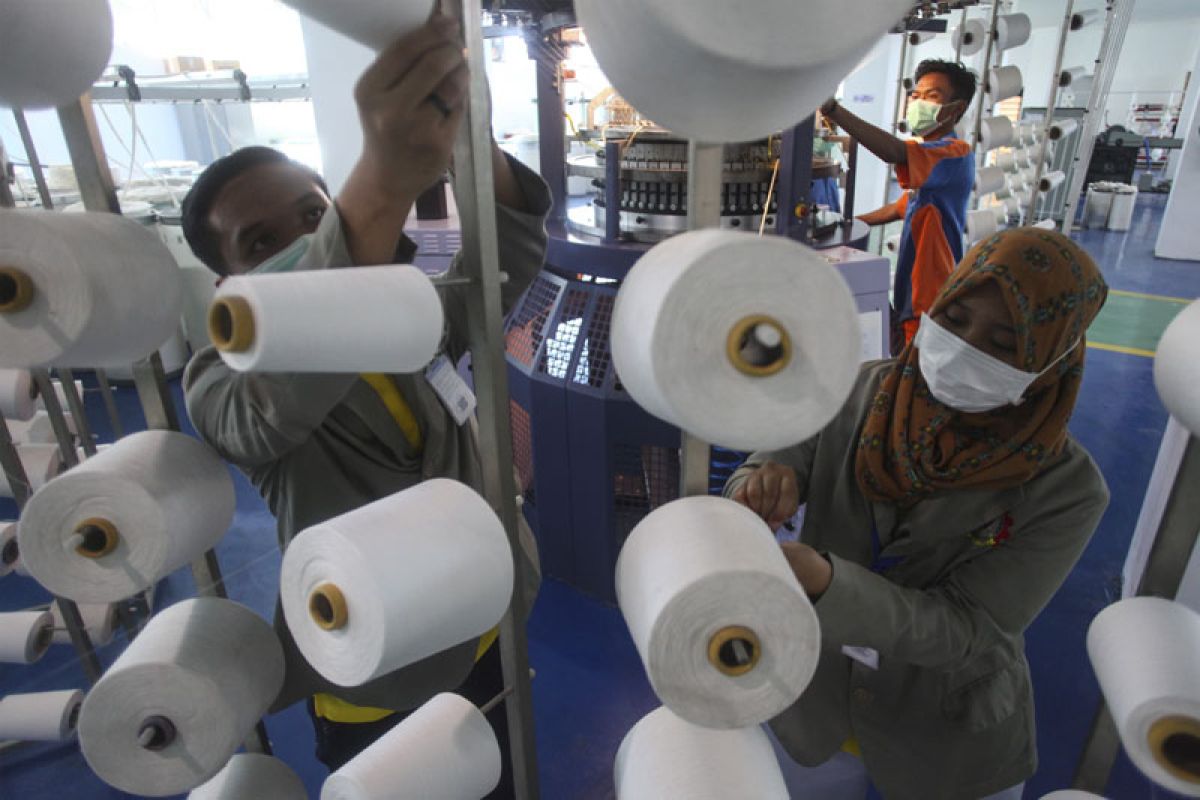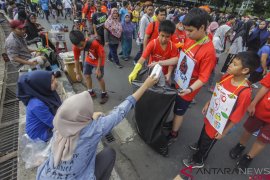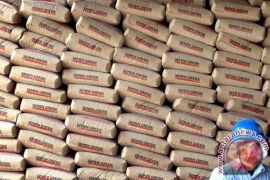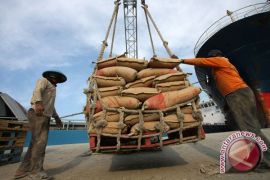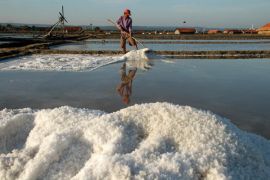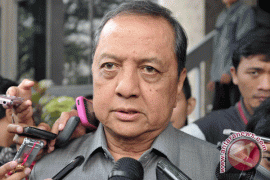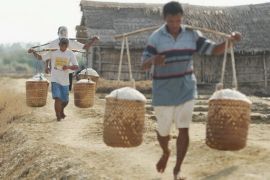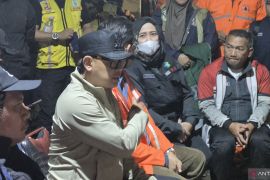"The TPT industry is one of the priorities in its development, as it is a labor-intensive and export-oriented sector," Industry Ministry Secretary General Haris Munandar remarked in his statement received here on Tuesday.
The TPT industry is one of the five manufacturing sectors designated as pioneers in the readiness to enter the era of the fourth industrial revolution according to the road map of Making Indonesia 4.0.
Referring to the Ministry of Industry`s record, the textile industry in the country has absorbed as many as 3.58 million people, or 21.2 percent of the total workforce in the manufacturing industry today.
Furthermore, the TPT industry is one of the significant foreign exchange earners through an export value of US$6.48 billion in the second quarter of 2018.
"The textile industry has a strategic role, as the products manufactured from raw materials (such as fiber) to consumer goods (ready-made clothing and finished goods) have a good relationship between industries and other economic sectors," Munandar explained.
Hence, in order to further boost the competitiveness of the national textile industry in the global arena, STTT Bandung Polytechnic, as one of the education units of the Ministry of Industry, always focuses on producing skilled human resources in accordance with the needs of the textile industry that can keep abreast of the latest technological developments.
This year, STTT Bandung Polytechnic has produced 369 graduates comprising 286 graduates of the Diploma IV or Applied Bachelor Program and 83 graduates of the Diploma I Program in collaboration with the textile industry associations and companies.
"As many as 70 percent of the graduates have been absorbed in the industry before the three-month graduation period. We hope that in the next three to six months, all graduates would be working or pursuing a high-level education program," Munandar remarked.
Reporting by Sella Panduarsa Gareta
Editing by Otniel Tamindael
Reporter: Antara
Editor: Yosep Hariyadi
Copyright © ANTARA 2018
